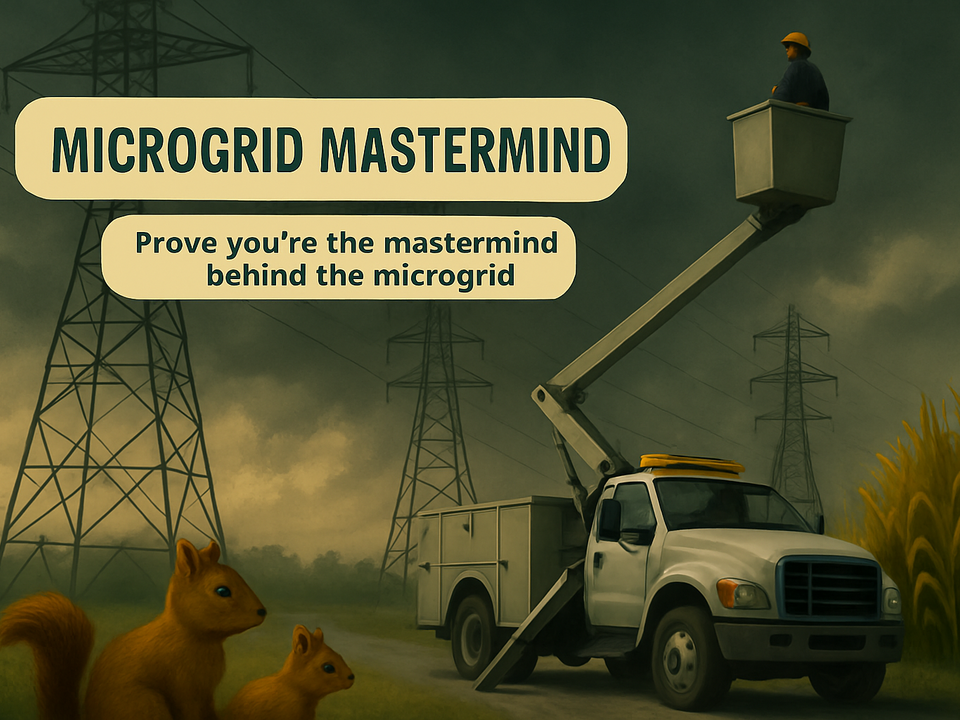Microgrid Mastermind is a cooperative strategy board game where 1–6 players take on the roles of Grid Keepers working together to build and manage a resilient energy grid using real-world concepts like renewable energy, infrastructure planning, and resource balancing. Created by students at the University of Nebraska–Lincoln and supported by the Nebraska Center for Energy Sciences Research (NCESR) and Nebraska Public Power District (NPPD), the game blends hands-on STEM learning with fast-paced, engaging gameplay.
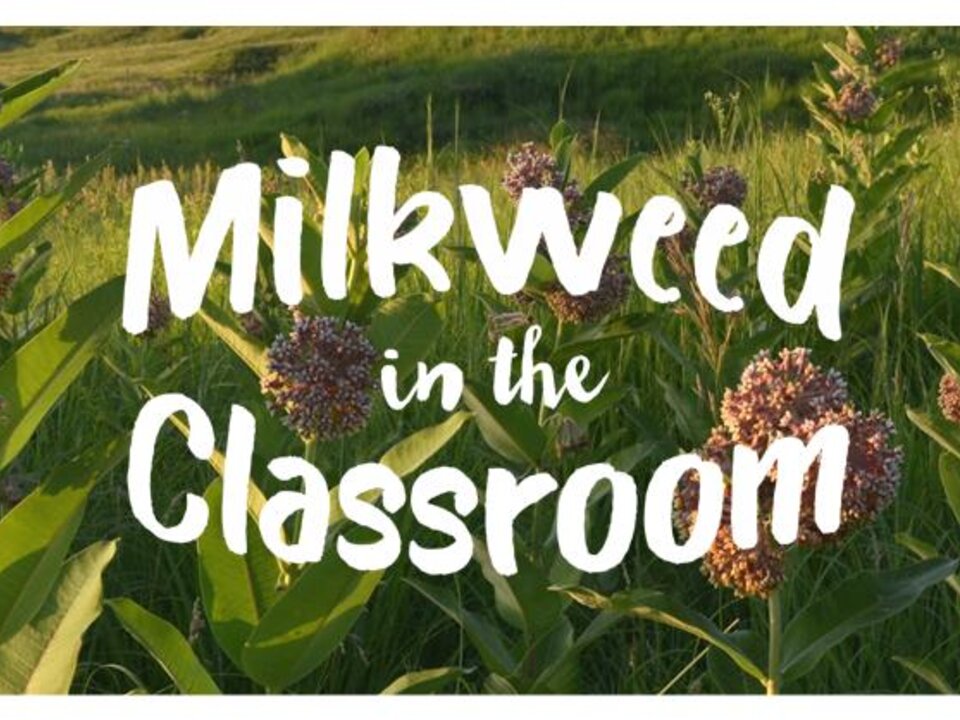
Milkweed in the Classroom provides a collection of resources designed to help students investigate the monarch butterfly migration as a locally relevant phenomenon. Through a series of standards-aligned lessons, students will ask questions, analyze available data, and construct a scientific argument to answer the guiding question, “How has the monarch migration has changed over time and why?”.
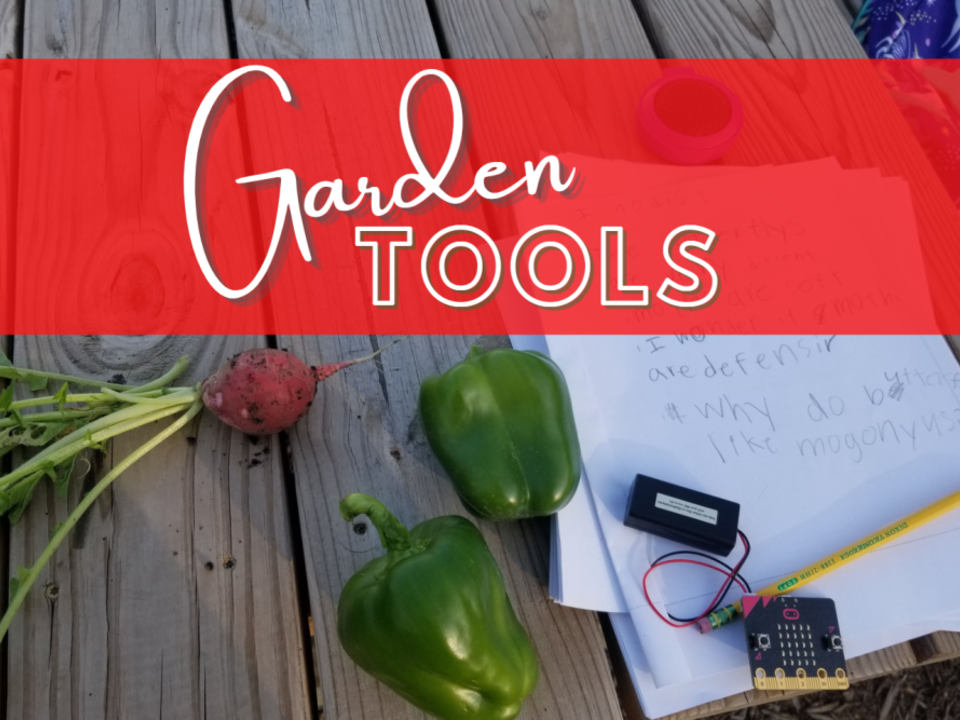
Garden TOOLS (Technology Opportunities in Outdoor Learning Spaces) is designed to support students in grades 3-5 to make data-informed decisions in school gardens or other outdoor growing spaces by using and programming BBC micro:bit microcontrollers.
The program offers resources to support you and your students as they...
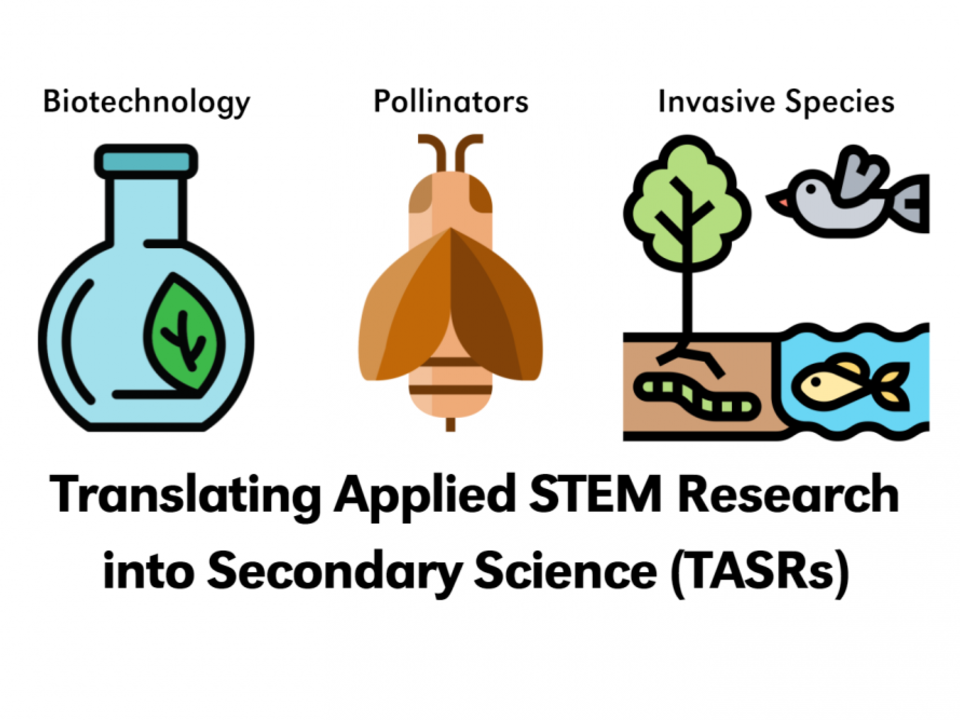
This collection of high school lessons and units was created as part of the TASRSs program. The program provided an opportunity for Nebraska high school science teachers to collaborate with UNL STEM faculty and graduate students engaged in applied STEM research around agriculture and natural resources. The program goals included developing innovative high school science lessons based upon contemporary applied science, enhancing teachers’ disciplinary knowledge, and enhancing pedagogical knowledge of STEM faculty and graduate students.
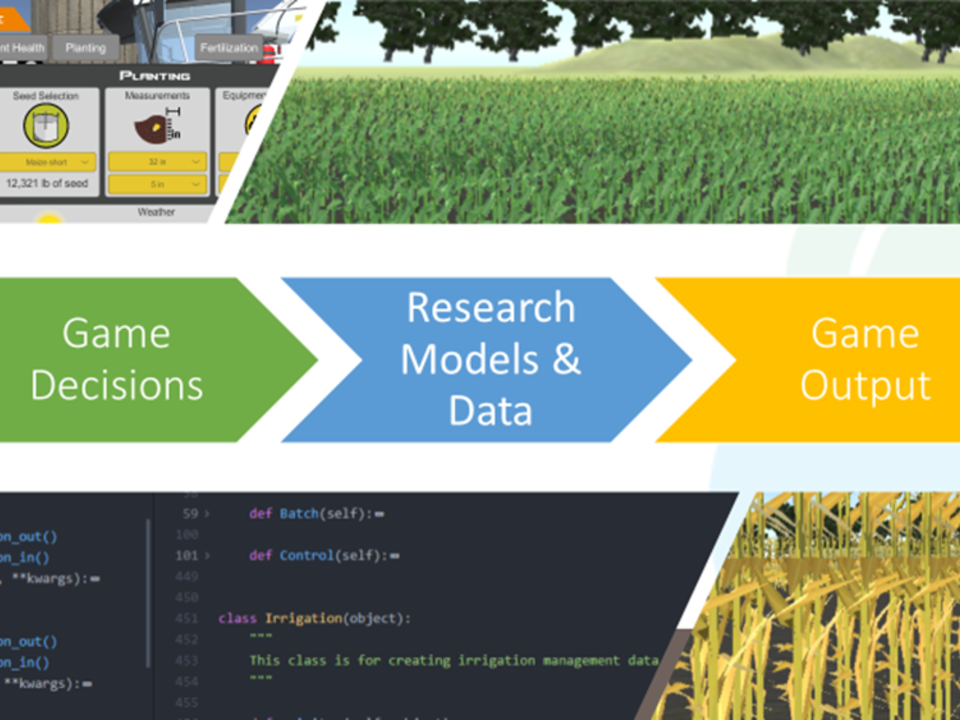
Project A.C.R.E. is a team of faculty, staff, and students that develop research-based serious educational games to promote agroecosystem literacy, enhance understanding of sustainability, and increase awareness of STEM careers relevant to agroecosystems.
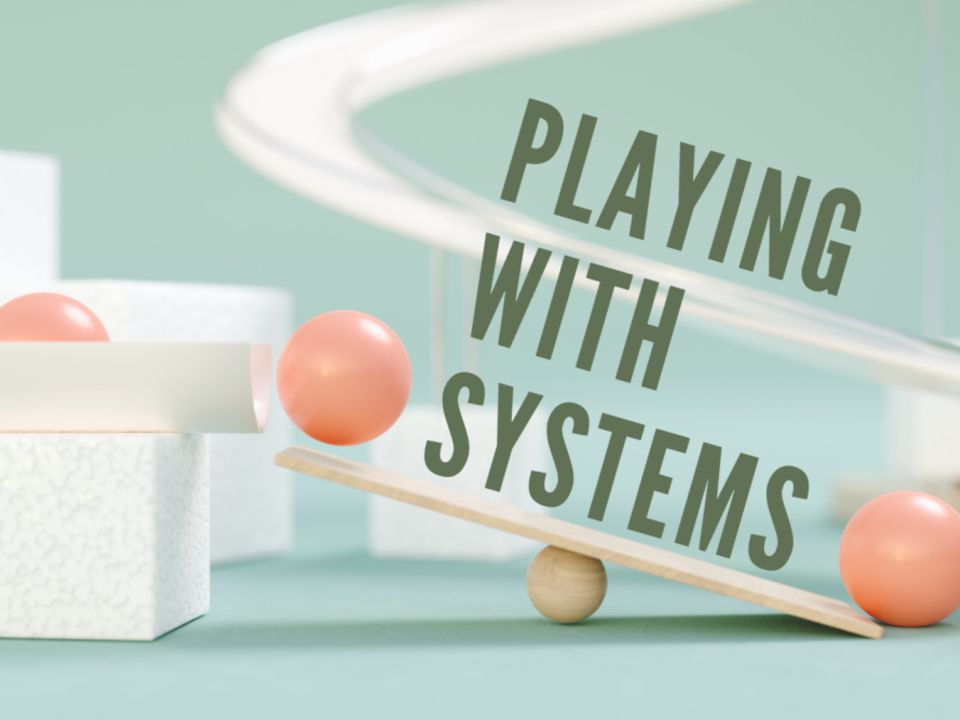
Practicing systems thinking habits can change the way you see the world and influence the actions or decisions you make. We created this project to help teachers and students explore some personally meaningful ways to playfully develop systems thinking skills.
What is systems thinking?
14 Habits of ST by Erin Ingram
Systems thinking is an approach to problem solving and understanding the world.
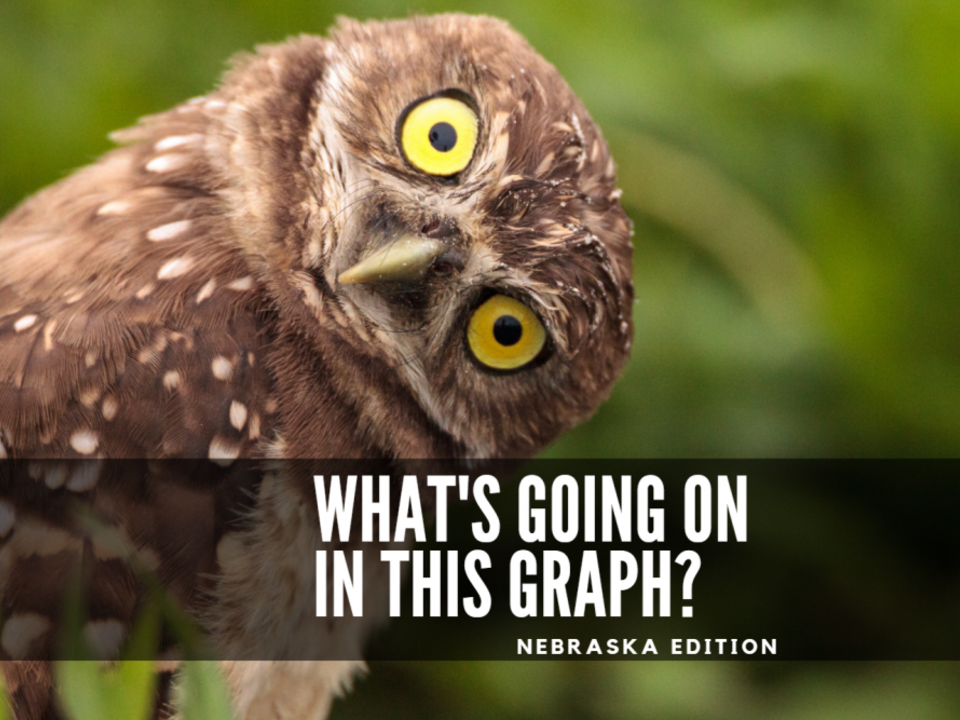
To help middle school and high school students become critical consumers of scientific information, we have created a Nebraska edition of the popular New York Times' offering, "What's Going on in This Graph?". Our version will look and function very similarly.

Beyond the Box is a collection of resources that was created to utilize digital storytelling to support students in various grades as they explore their future. From promoting diversity to focusing on important human values, these collections of stories highlight how individuals have found their way into the sciences.
The project is comprised of two main collections: Beyond the Box - Centering Black Voices in Agriculture and Natural Resources, and Beyond the Box - CASNR Edition. Both collections offer resources to collectively help...
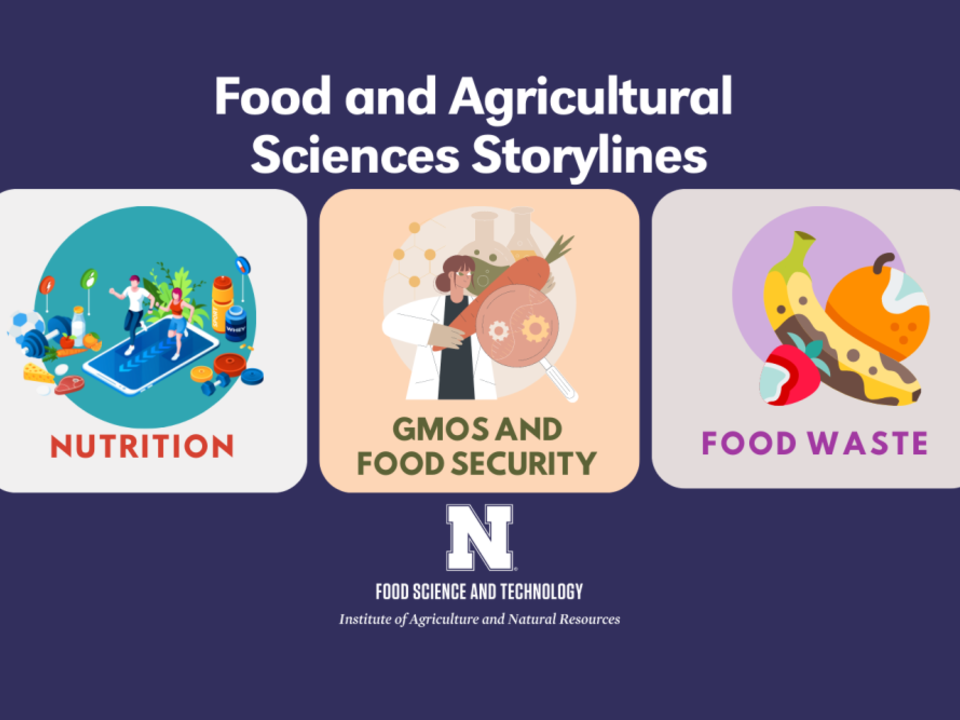
A collection of NGSS-aligned high school lessons focused on teaching food science in the context of nutrition, preventing food waste, and addressing the challenge of feeding a growing population.
